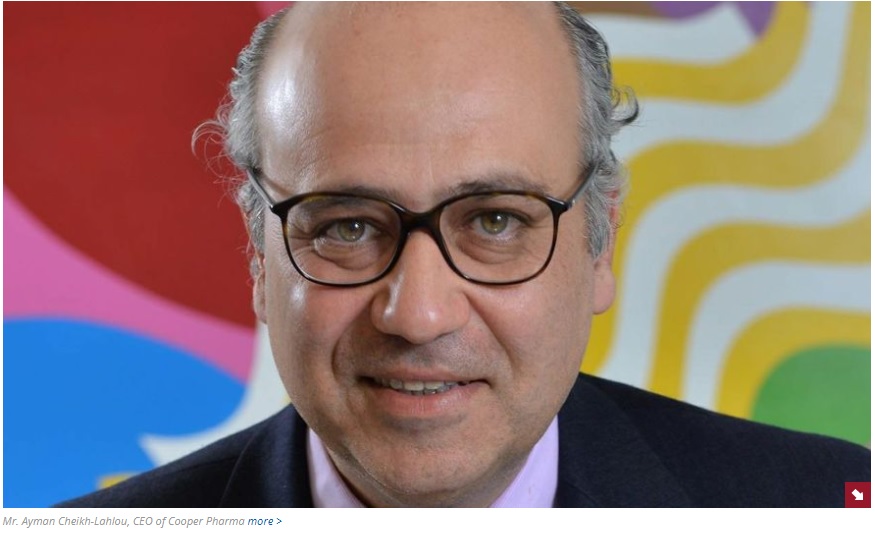All Africa
African Development Bank (Tunis)
Board Approves Over U.S. $400 Million for Morocco Solar Power, Agvance Africa and Capacity Building in Recs
The Boards of Directors of the African Development Bank Group today in Tunis approved the equivalent of USD 436 million for the financing of Morocco’s power project, and two other investments in Africa.
The first approval is an AfDB loan of Euro 168 million and USD 100 million Clean Technology Fund concessionary loan to finance the first phase of the Ouarzazate solar power station in Morocco. The power station is designed to pioneer the development of concentrated solar power technology in the country, beginning with the 1st phase of the Ouarzazate complex. Estimated at Euro 1.042 billion, the project will be jointly financed by six other agencies including the World Bank, European Investment Bank, Agence Française de développement, German Development Bank (KfW), Neighbourhood Investment Facility, as well as other Moroccan institutions.
The second approval involves a USD 100-million equity investment in Agvance Africa, a private equity Fund of Funds (FoF) initiated by UNIDO, FAO, UNECA, IFAD, and ADB, with the objective of promoting agro-industries, and agri-business in Africa. Agvance will provide capital to private equity and Mezzanine Debt funds as well as co-finance in selected investments for private companies. The FoF will be managed by Credit Suisse. It has a USD 500 million capital size with a first closing expected to raise USD 250 million.
Finally, the ADF Board approved a USD 14-million (UA 9 million) grant for capacity building on managing for development results in the Regional Member Countries (RMCs) and the regional Economic Communities (RECs). The project will support the African community of practice for managing for Development Results (AfCoP) to mainstream results-based practices of Managing for Development Results (MfDR) into the policies and strategies of Regional Member Countries. The project is demand-driven. The direct beneficiaries are COMESA (Common Market for East and Southern Africa) and WAEMU (West African Economic and Monetary Union) and their member states.
Contacts
Felix Njoku
.



